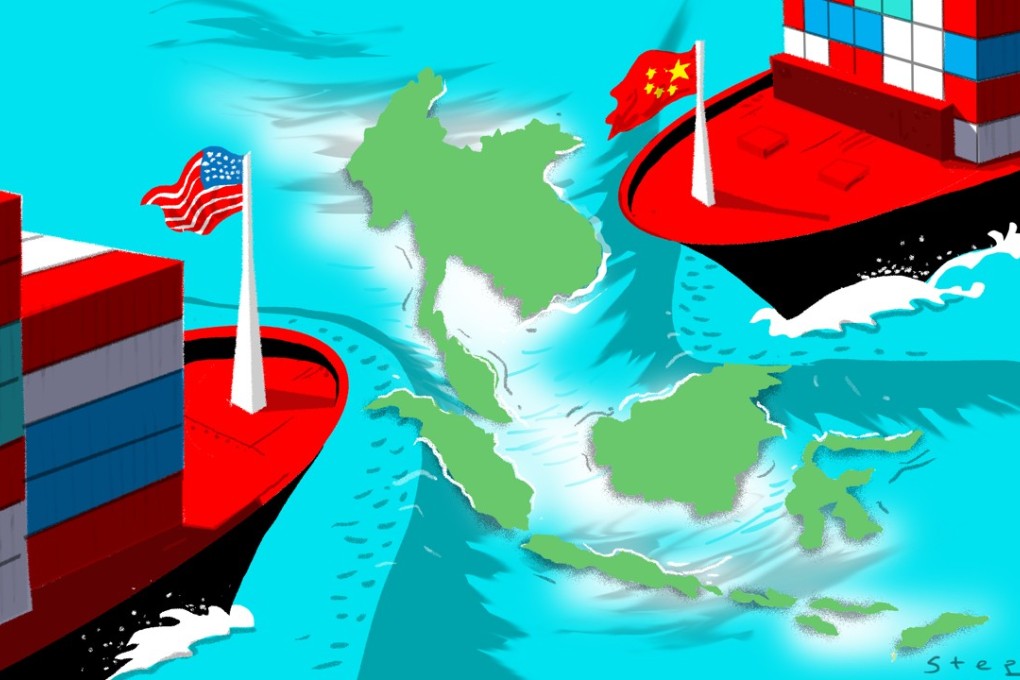Opinion | How the US-China trade war will make or break Asean
- Derwin Pereira says the trade war is pushing Asean to an ideological crossroads
- The Southeast Asian countries that grouped together during the cold war now have to choose between the US and China, in a decisive test of Asean’s resilience

It is a platitude that the liberalisation of trade in goods and services has increased Asean’s economic bandwidth. The more important realisation is that such liberalisation is not the natural outcome of domestic factors but a congruent regional attempt to plug into global economic opportunities.
Despite trade war, US and China now communicating ‘at all levels’
The European Union has benefited from the existence of national, economic and political affinities in a culturally homogeneous region, intrinsic resources it has marshalled to resist North American dominance of the global economy. In contrast, Asean's disparate nations came together not because of their indigenous similarities but because the rest of the world made them come together. The alternative would have been to remain separate.
Asean, too, will face having to choose sides. However, it will not go over to one side completely. Since it is neither a country – like the US or China – nor a supranational entity – like the EU – it could break up along the fault lines created by its member nations’ external affiliations.
